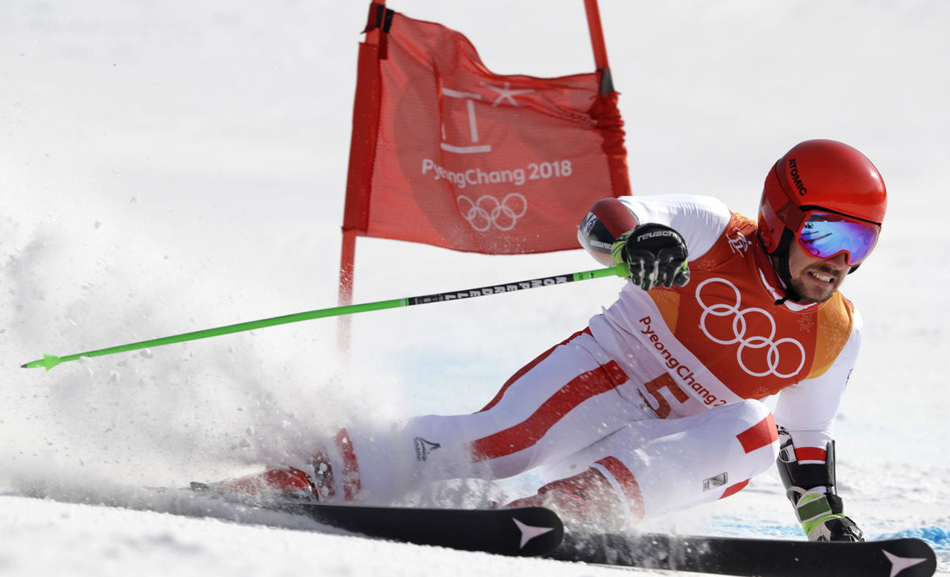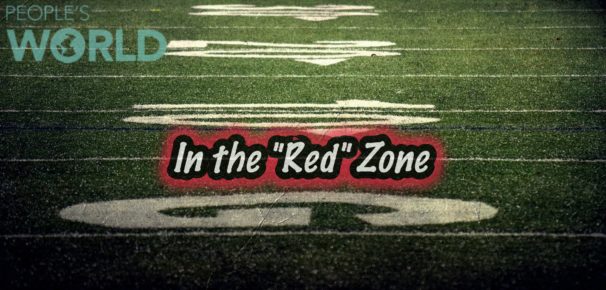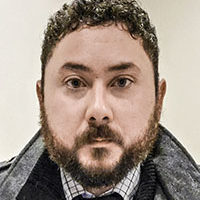
The 2018, overtly political, Pyeongchang Winter Olympics came to a spectacular, K-Pop close Sunday night, that again showed the world both Korean nations marching under a unified flag.
With much focus on how political relations would play out between Washington and both Koreas, South Korea’s presidential office released a brief statement expressing a willingness to hold discussions with the U.S.
“The North has ample intentions of holding talks with the United States,” and the North’s delegation has also agreed that “South-North relations and U.S.-North Korean delegations should be improved together.”
International Olympic Committee president Thomas Bach spoke about the Korean cooperation, shortly before officially closing the 2018 games, saying, “The Olympic Games are an homage to the past and an act of faith for the future.”
“With your joint march, you have shared your faith in a peaceful future with all of us,” said Bach. “You have shown our sport brings people together in our very fragile world. You have shown how sports builds bridges.”
Ivanka Trump presence at the closing ceremony, seated closely to South Korean president Moon Jae-in, drew the ire of American athletes in Pyeongchang and back home. I won’t go into more detail about that fiasco. The Trumps get too much free air time as it is.
With the largest Olympic Games, 2,920 athletes representing 92 countries, at an end, the final medals doled out, athletes get to come home exhausted, yet, financially secure… Well, only some of them.
You would assume, looking at what other professional athletes make, that Olympians would fall into that same category.
Looking past Shaun White, Lindsey Vonn, and Michael Phelps with their multi-million contracts and endorsement deals, most American Olympians are victims of trickle-down economics: those at the top take care of themselves first, leaving only scraps for the bottom tier.
Representing the United States in the global arena is no way to get rich.
The main reason, the United States sets itself apart from other countries by not having federal funds support olympic programs. The United States Olympic committee is a non-profit that relies on private donors and fundraising ventures.
There’s no comprehensive data on U.S. Olympic athlete pay, but looking at the bit of information collected by the non-profit U.S. Track and Field Association, the average income for the top ten in the country is $16, 553; USA swimming provides a whopping $3,000.00 to national team members of its top 16 athletes; and U.S. Olympic biathletes receive $2,000.00 monthly stipend, plus bonuses if they win during the World Cup circuit.
“What you see is athletes that stay long enough to make an Olympic team, but then quit because they can’t make a living, and they can’t ensure their future financially,” said Olympic biathlete Lowell Bailey, 36, in an interview with NPR . “Imagine if you’re a doctor and you go to work and don’t know whether or not you’re gonna get a paycheck. That’s the life of a U.S. biathlete.”
Identical to their low-wage counterparts in the private sector, Olympic athletes struggle to get by as they chase their gold medal dreams.
It’s also not only a personal struggle, in a lot of cases it’s a family struggle.
Olympic gymnast and gold medalist Gabby Douglas’ Mother, Natalie Hawkins, filed for bankruptcy listing around $80,000 in debt months before the 2012 Olympic Games in London
“It was hard for us growing up – my dad had left us, so he wasn’t really in the picture any more. So, my mom had to front all these bills. My dad didn’t really pay the child support,” said Douglass in an interview with the New York Post. “He was short (on money). It was definitely hard on my mom, taking care of me and my siblings.”
Hawkins has spoken out often about the cost of being a single mother, not to mention the additional financial stress of supporting the Olympic dreams of her 16-year old daughter. For young athletes, getting the emotional and financial support needed to win, falls on the shoulders of family.
The financial options for adult Olympians become part-time, low-wage work; relying on food stamps, unemployment benefits, unstable and transient living.
“The athletes are the very bottom of a trickle-down system, and there’s just not much left for us,” said Cyrus Hostetler, 29, a Team USA javelin thrower and two-time Olympian, in a Washington Post interview. “They take care of themselves first, and us last.”
Another example of a multi-billion dollar industry, and unbridled capitalism doing what it does best: taking advantage of and exploiting workers.
“A fair day’s wage for a fair day’s work” has been the rallying cry of workers world-wide and here at home. From the wobblies in the history books, the radical industrial organizing drives under the CIO, to the present-day Fight for $15 and a Union movement, workers have been the spear point in the fight against corporate exploitation.
It wouldn’t surprise me to see Olympic athletes taking up that fight next.












Comments